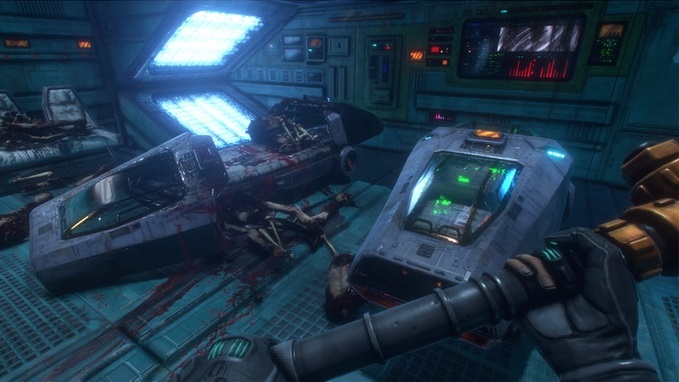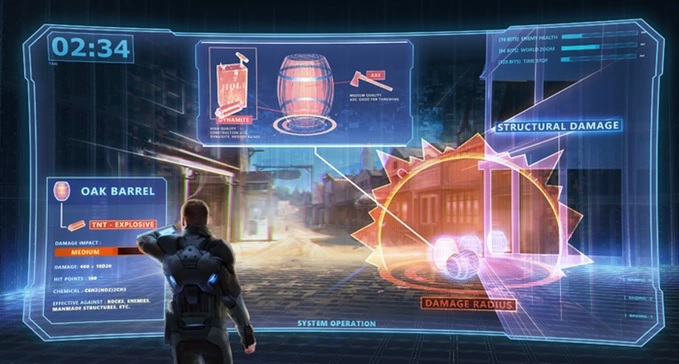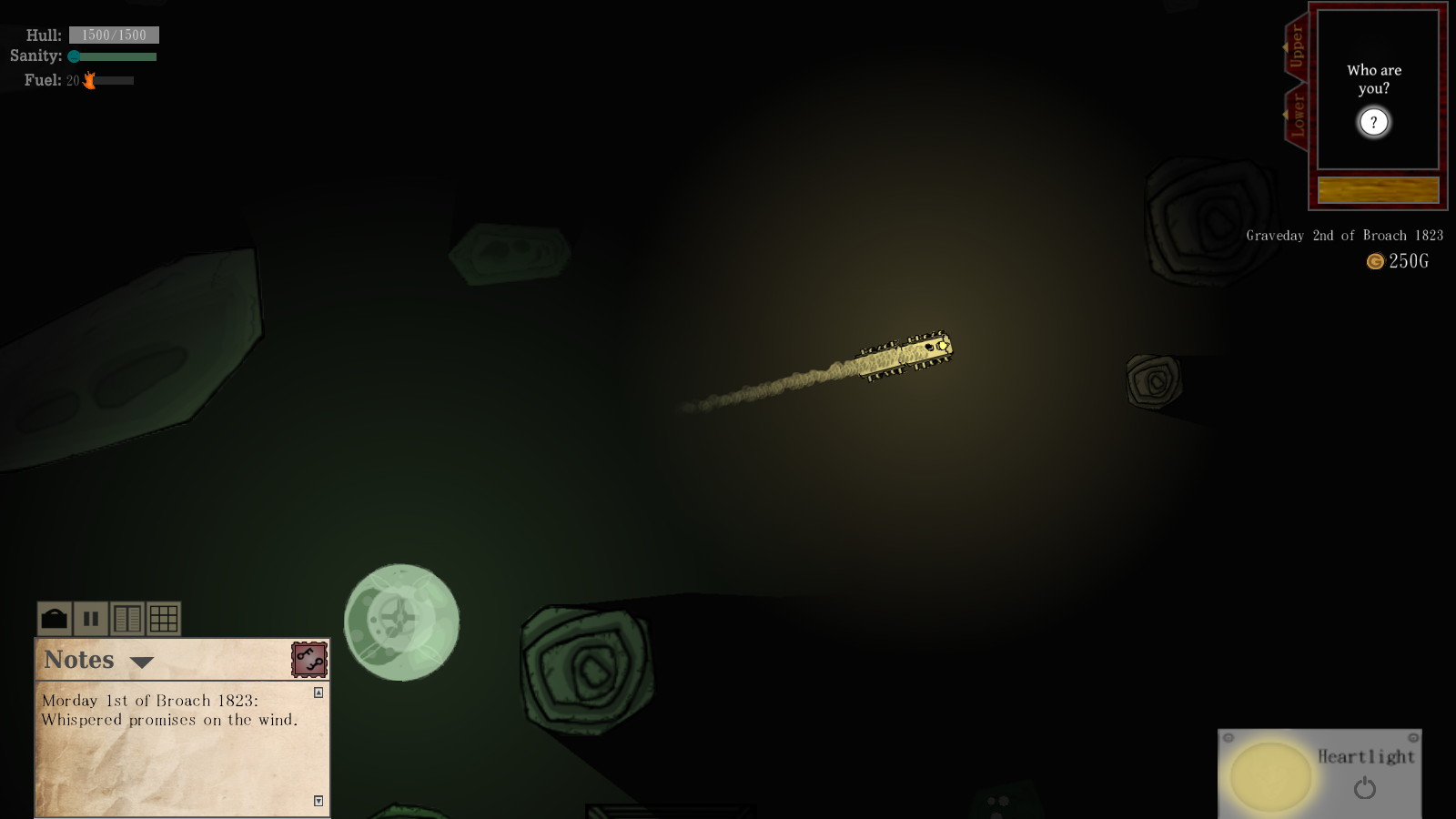Remember the times when magazines and demo disks were the holy grail of gaming? Not only could you read about the latest in AAA, but there was also the chance to play the hottest demos around the block, getting to spend a few precious minutes full of carefully orchestrated gameplay while also realizing how badly you need a PC upgrade. Sure, many of those demos were nothing more than god-awful truck racers and buggy as hell strategies, but you also had the chance to spend some time with that one game you’d been dying to try out. Hell, it might’ve been even worth buying.
Right now, though… Well, we seem to be living in a weird world. On one hand, you have AAA publishers and developers releasing demos only once in a blue moon, with the chance of those being “timed exclusives” (hello, Bethesda); on the other, you have up-and-coming indie darlings on Kickstarter who think that a few fancy (and fake) screenshots accompanied by walls of text spilling promises and grand ideas are enough to dazzle your regular consumer. I could even go on and say that presenting a game without a demo is like releasing a movie without ever showing a trailer, but that’s besides the point.
In fact, making a comparison between crowdfunding-purposed and AAA-made demos might be somewhat shrewd and inappropriate to begin with.
When you think about it, pitching a game on Kickstarter, Indiegogo or any other funding platform is more like pitching a game to a publisher. Needless to say, going up to a company that can potentially offer you lots and lots of money can carry equal amounts of stress and expectation – that is, an expectation that you’ll arrive prepared with stuff to show. As such, a demo is usually the main star of such meetings – bringing a playable vertical slice to such occasions not only shows that you’ve done your homework, but also makes it easier to explain what you’re trying to achieve.
There are countless examples of developers refusing to show demos during their projects’ funding stage.
So, why is there a different mentality when it comes to crowdfunding? The idea is pretty much the same – you want to make a game and you seek funding in order to be able to turn your darling into a commercially viable product. Investment per backer might be less significant, but we’re still talking about a reliance on other people’s money. The expectation remains, yet there are countless examples of developers refusing to show demos during their projects’ funding stage.
In reality, the importance of demos for Kickstarters, Indiegogos and all other videogame crowdfunding endeavors is rather clear – all you need to do is look back at two recent examples, both being similar in their ideas yet drastically different in terms of their overall success.
Romero and Carmack’s Blackroom is case number one. While it promised a FPS harnessing the arcane powers of classic PC shooters, it only showed a bunch of concept art along with some details focusing on the game’s world and story. There was no demo, nor any form of real gameplay. Soon after its inception, the project got cancelled with an update stating the following: “Pressing Pause for a Gameplay Demo”. On the other hand, you have your good old System Shock getting a remake funded on Kickstarter with the help of RPG guru Chris Avellone. The difference here is that this project has managed to nearly cover its goal of $900,000 in only five days, with a 10-minute long demo being available to play right now.
Both examples feature attempts aimed at reviving something old and nostalgic on Kickstarter. Yet, the clear difference is that while one came out with a bunch of concept artwork and nothing else, the other decided to take its time and show up with a bang by giving people a chance to play the game they’d potentially be backing.
Developers simply need to look at things from a different perspective.
By now you might be thinking that videogame crowdfunding has turned into a tall, harsh mountain where only the best and most well-equipped climbers are allowed. But while it’s true that backers and their standards are currently higher than ever (and rightfully so), I also think that developers simply need to look at things from a different perspective. Releasing a really small, awfully buggy version of your game out for the public is a great idea, as long as it really shows the essence of your game. In fact, I am confident that starting a crowdfunding campaign with such a demo would be far better than formulating a flashy-looking pitch with no gameplay at all.
Funnily enough, now I remember playing the demo for A House of Many Doors back when I was writing an article about a small update posted by the developers. Mainly because I wasn’t really familiar with the game prior to being pointed to the update, I was rather glad that I had the chance to quickly assess what I was writing for instead of trying to decipher the written tales of a salesman. I even liked the demo quite a lot, now that I think about it.
Ultimately, I think that many developers who go down the crowdfunding route are simply afraid to show their project in its infant stages, fully naked to the public. It’s quite scary and I certainly don’t blame them for it, but making games has always involved a ton of stress and it would be a shame if you miss out on the opportunity of showing what you’ve been working on just because you’re skeptical about it not being “ready” for the public.
So, for anyone who’s thinking of putting their game up on Kickstarter, or any other similar place, ask yourself the following question first – if you’re proud with what you have, can you show that off with something that’s playable? If the answer is no, then chances are people won’t give you the benefit of the doubt and your dreams will be forever crushed. (Ok, maybe without that last bit.)







Great article. I wholeheartedly agree with the need to have something to show off, whether as a demo or as a gameplay video. They certainly help make a decision one way or the other. There’s a reason why I write so much about game demos after all.
[…] demos are a fantastic way to experience a game without having to spend any money. IronSaga‘s demo showcases the […]
[…] it used to be important to have a demo during crowdfunding, being able to move swiftly into an alpha build has definite benefits. Not only […]